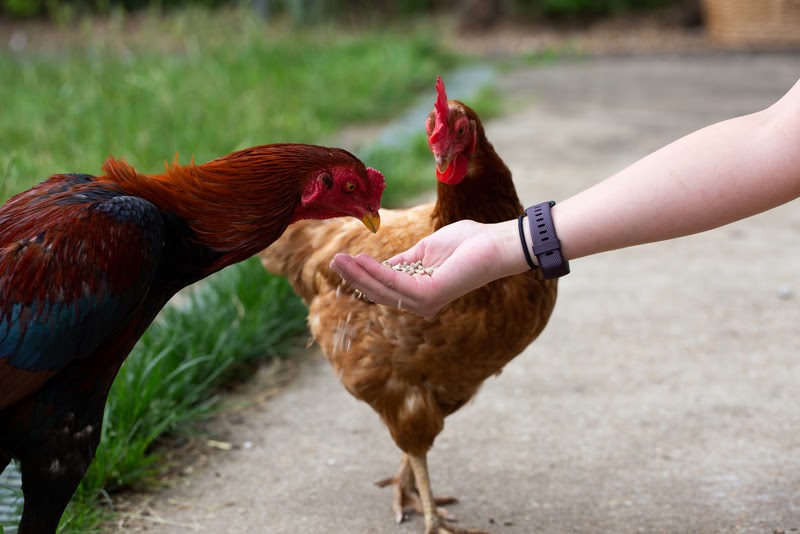
The RSPCA is urging people with birds to follow the latest Government measures to keep birds contained indoors to limit the spread of bird flu after a number of confirmed outbreaks of the virus this winter.
From 14th December, new housing measures to protect poultry and captive birds from avian influenza will come into force in England, Scotland and Wales.
From this date, owners and keepers will be legally required to keep their birds indoors, to follow strict biosecurity measures and take appropriate steps to keep their birds separate from wild birds, whether they keep just a few birds or thousands. This applies to England, Scotland and Wales. The RSPCA recommends that owners and keepers follow the advice of Government Chief Veterinary Officers to use the next 11 days to prepare for new housing measures, including taking steps to safeguard animal welfare, consult their vet and where necessary put up additional housing and follow the Government's biosecurity advice.
Keepers of poultry and other captive birds* across England and Wales must follow biosecurity advice to help limit the spread of the disease following confirmed cases in captive birds in Kent, Cheshire, Herefordshire, Gloucestershire, Leicestershire, Norfolk and North Yorkshire, plus several more confirmed cases in wild birds.
Siân Phillips, poultry welfare specialist at the RSPCA said: “Keeping hens has become more and more popular in recent years so it’s really important that owners follow Government biosecurity advice to help protect the health of their birds as well as to try and limit the spread of the virus.
“All pet poultry owners need to stay vigilant for signs of disease and ill health in their flocks and it’s vital they seek veterinary advice if they have any concerns for their birds.
“It’s also really important to report any suspected outbreaks of avian influenza to Defra. We would encourage all pet poultry owners to register their birds with the APHA so they can contact owners if there’s a disease outbreak in their area.”
All the information owners need to know is available on Defra’s website. For the latest updates from the Welsh Government visit their website.
Siân added: “Bird keepers of any scale must pay attention to Government advice. In addition to the legal advice, there is a simple guide providing good practice advice to help backyard flock keepers to protect their birds from avian influenza.”
We recommend that the owners of all captive birds follow the Government’s biosecurity advice as all species of birds are susceptible, including pigeons, birds of prey and aviary birds like finches.
If you suspect any type of avian influenza you must report it immediately by calling the Defra Rural Services Helpline on 03000 200 301.
Anyone finding dead wild waterfowl (swans, geese or ducks) or other dead wild birds, such as gulls or birds of prey, should report it to the Defra helpline (03459 33 55 77)
Find out more about avian influenza and the restrictions and guidelines in England by visiting DEFRA’s website. Keepers should ensure they seek advice relevant to the species of birds they keep.
This advice applies to any keeper of poultry or other captive birds, irrespective of how they are kept. All keepers are therefore advised to check their responsibilities on the Defra website.
*Other captive bird means a bird kept in captivity which is not poultry and includes a pet bird and a bird kept for shows, races, exhibitions, competitions, breeding or for sale.
You can exercise, train and race pigeons or fly birds of prey, but efforts need to be made to prevent them coming in direct contact with wildfowl and it is important that you monitor the health of your birds closely.
Anyone involved in game birds should consult advice published by the Game Farmers Association website (PDF).


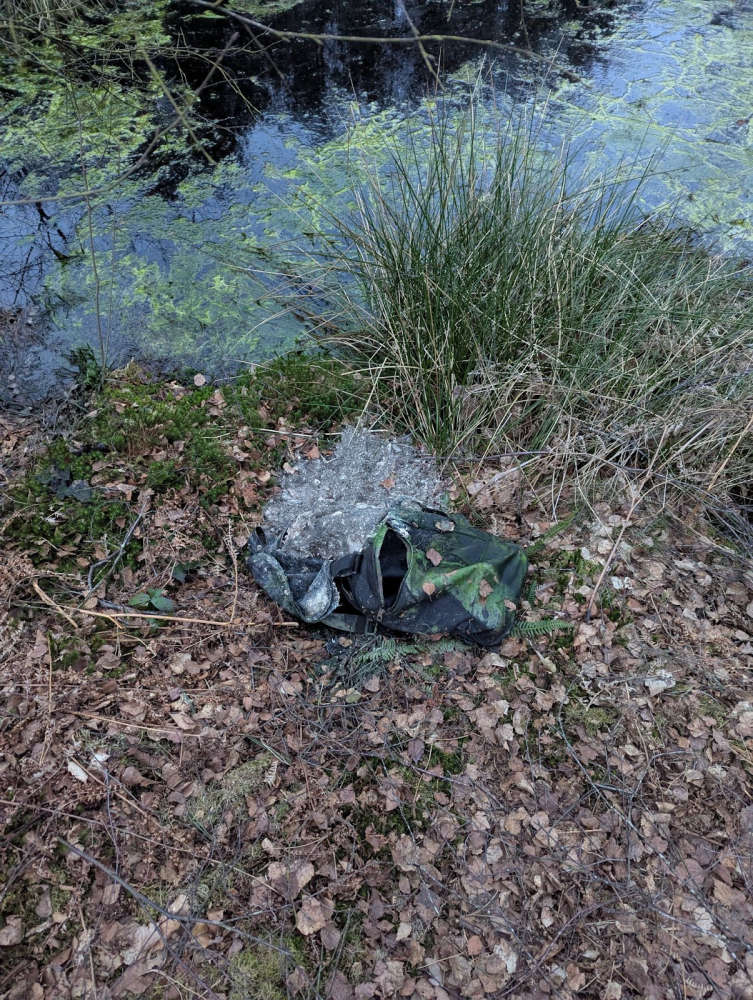 Appeal for information after dead dog found in duffle bag
Appeal for information after dead dog found in duffle bag
 Chester and Wirral Football League - Weekend Round Up
Chester and Wirral Football League - Weekend Round Up
 POPULAR CHESTER BUSKER RETURNS TO TOWN HALL STAGE FOLLOWING CONCERT SUCCESS
POPULAR CHESTER BUSKER RETURNS TO TOWN HALL STAGE FOLLOWING CONCERT SUCCESS
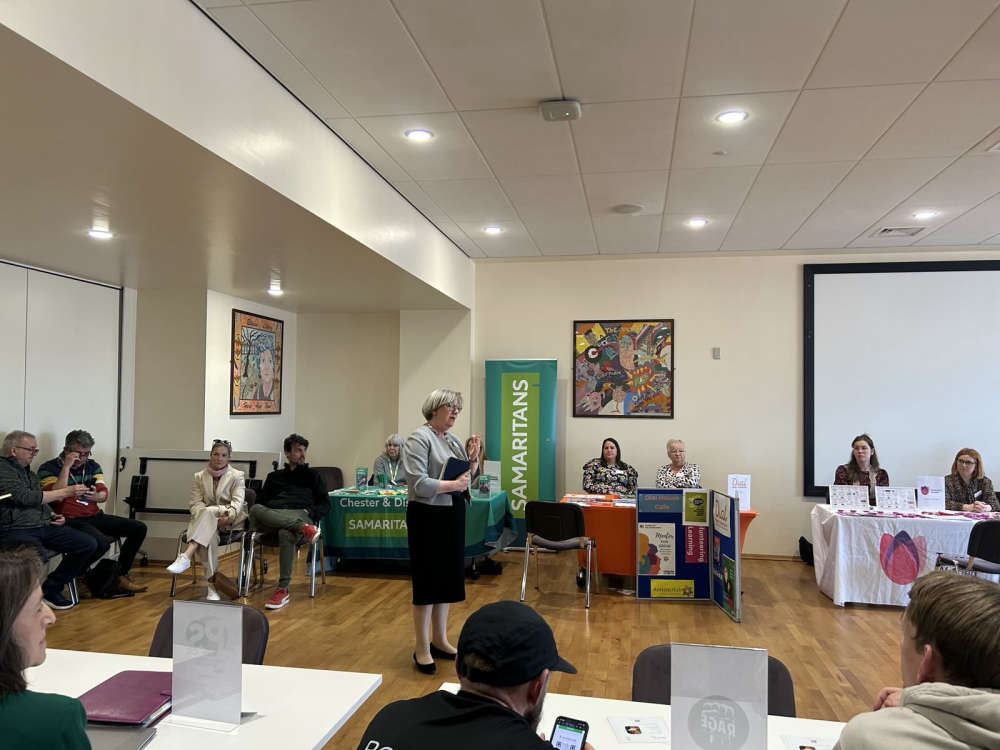 Housing and Support Fayre Helps Chester North & Neston Residents Access Vital Services
Housing and Support Fayre Helps Chester North & Neston Residents Access Vital Services
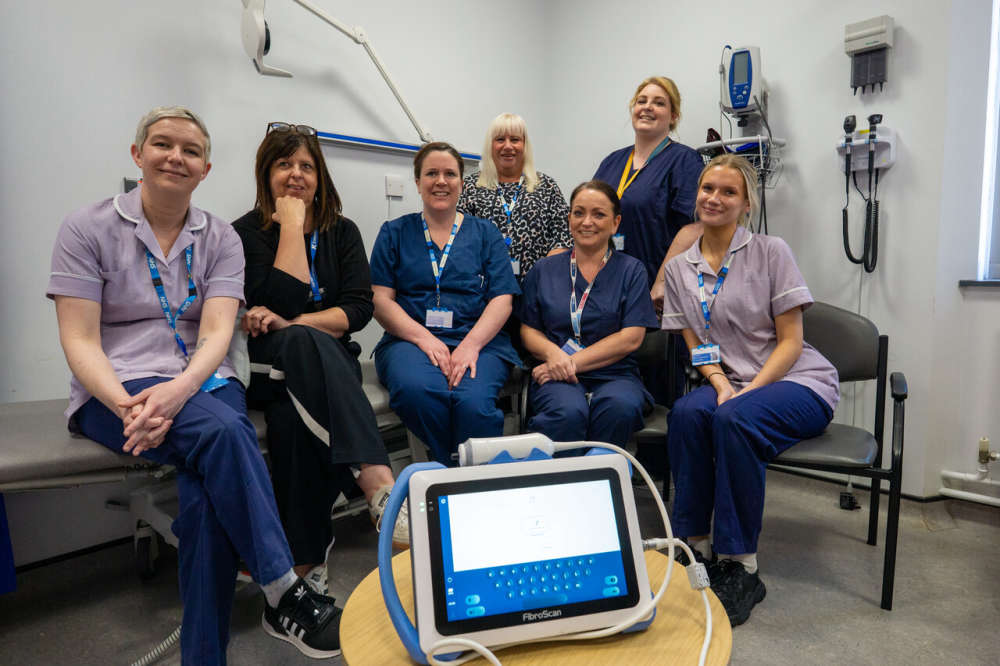 Successful local hospital liver cancer screening service continues to expand
Successful local hospital liver cancer screening service continues to expand
 POPULAR CHESTER BAR CELEBRATES 25th ANNIVERSARY WITH SPECIAL LEGO MODEL
POPULAR CHESTER BAR CELEBRATES 25th ANNIVERSARY WITH SPECIAL LEGO MODEL
 Cheshire Digital Agency Fly High Media Shortlisted for European Search Award
Cheshire Digital Agency Fly High Media Shortlisted for European Search Award
 Blues Match Report: Hereford 2 - 2 Chester FC
Blues Match Report: Hereford 2 - 2 Chester FC
 Blues Match Preview: Hereford v Chester FC
Blues Match Preview: Hereford v Chester FC
 Ten arrested for drugs offences following warrants in Chester
Ten arrested for drugs offences following warrants in Chester
 Ten arrested for drugs offences following warrants in Chester
Ten arrested for drugs offences following warrants in Chester
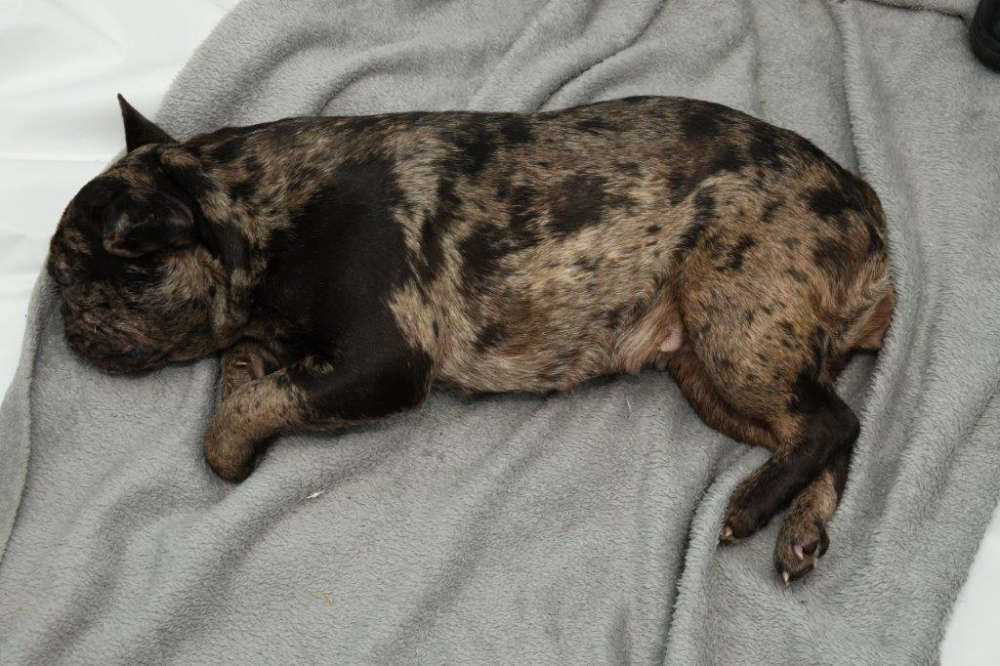 Suspended prison sentence and indefinite ban for Cheshire man who abused his dog
Suspended prison sentence and indefinite ban for Cheshire man who abused his dog
 Recovered Stolen Items
Recovered Stolen Items
 Man charged in relation to courier fraud
Man charged in relation to courier fraud
 Police to target criminal use of Cheshire’s roads
Police to target criminal use of Cheshire’s roads
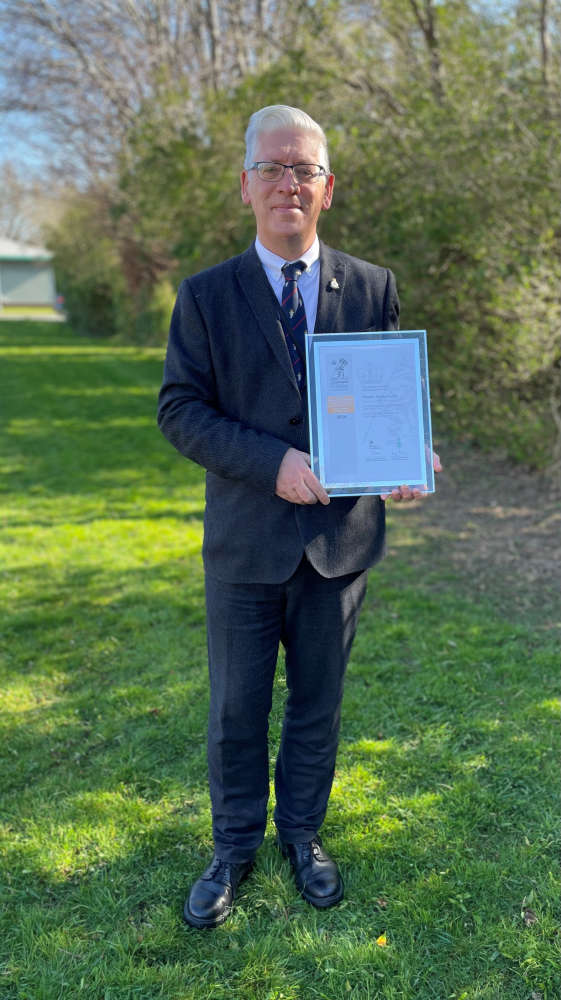 Council awarded Gold Armed Forces Award
Council awarded Gold Armed Forces Award
 Appeal for footage and witnesses following collision in Delamere
Appeal for footage and witnesses following collision in Delamere
 Appeal for information following serious collision in Chester
Appeal for information following serious collision in Chester
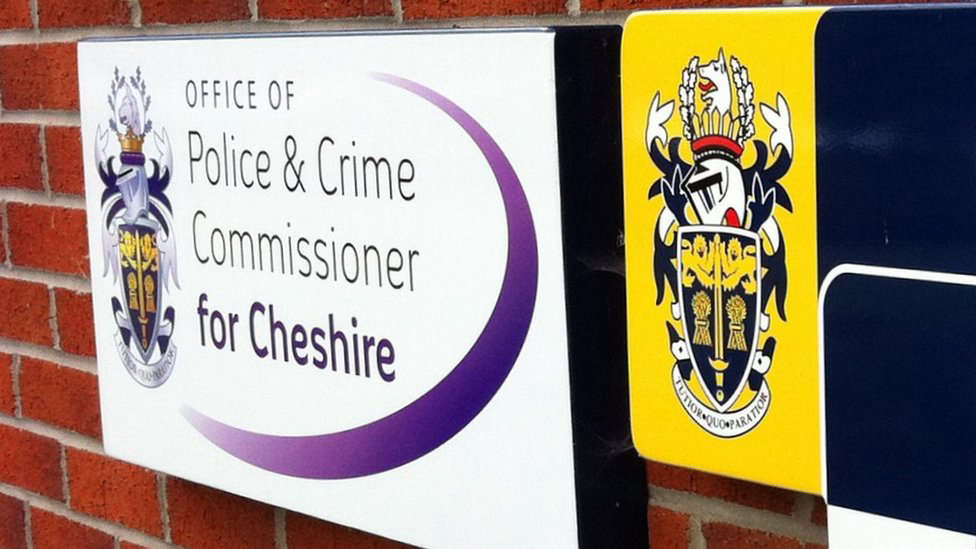 Your chance to get involved in police scrutiny meetings
Your chance to get involved in police scrutiny meetings